
Budding physicists, or those with an interest in science, are invited to join a free webinar series organised by students of the Department of Mathematical and Physical Sciences at the University of Chester.
The Physics Student Seminar Series is being organised by students on the BSc Physics programme and is supported by the Institute of Physics (IOP), which is the professional body for physicists in the UK.
The students invite experts to give a 45-minute webinar in modern areas of Physics that are not covered in the University curriculum, to expand their knowledge and understanding further in a wide range of topics.
At the end of each webinar there is a Question and Answer session divided into two parts - scientific questions related to the webinar and career prospects in the scientific field of the invited expert. The sessions are aimed at those who have a grounding in Physics already – from first year undergraduate level and above.
On Tuesday, April 20, Professor Dimitra Darambara will deliver the next webinar which is related to novel applications in medical physics and cancer research. Places are free and can be booked here.
Professor Darambara is a Senior Team Leader at the Joint Department of Physics, Division of Radiotherapy and Imaging of the Institute of Cancer Research and the Royal Marsden NHS Foundation Trust, London, where she established the team of Multimodality Molecular Imaging. Earlier in her career she held senior research positions at Yale University, CERN, UCL and University of Surrey, always sponsored by prestigious personal research career development fellowships.
Her research interests focus on the conceptual design, development, system-level performance optimisation and realisation of emerging medical imaging techniques and innovative instrumentation for precision and quantitative molecular imaging. This will influence the next generation of healthcare hardware in close collaboration with major healthcare manufacturers, radiation detectors and the electronics industry.
The previous seminar in the Series focussed on accelerator science and its relevance to society. It was given by Professor Carsten Welsch, who leads the QUASAR group at Daresbury Laboratory, and was supported by IOP Wales, the IOP North Wales and Cheshire Centre, and the Department of Mathematical and Physical Sciences of the University of Chester.
Third-year Physics students Alexandra Hammond and Georgia Tierney, have been organising and hosting the events.
Alexandra explained that helping to organise sessions has broadened her career goals as well as taught her valuable new skills. She said: “I've enjoyed organising the Series because it's given me the opportunity to reach out and communicate with experts in various fields of Physics. I've also learned a lot about the type of research that's being undertaken by these experts - and being able to talk with them about it and gain a more in depth understanding of their objectives has been really interesting.
“By taking part, I feel I've improved my communication and organisation skills, especially since the talks are taking place remotely during the pandemic. Ensuring that everything lines up and technical issues are foreseen and dealt with swiftly has helped my problem solving and taught me how to manage the challenges that a pandemic brings to these types of events.
“The Series has broadened my horizons in terms of what types of career paths I could follow, from research to industry. It has also introduced me to the types of research physicists are currently working on, and how these could be incorporated into a Master’s project and beyond, should I decide to continue with further study.”
Georgia mentioned that the event was a very positive experience for her. She said: “Hosting the last webinar allowed me to gain an insight into fields of Physics that I am not so familiar with, such as Nuclear Physics and the work being conducted at CERN with the Large Hadron Collider (LHC). It made me more confident in speaking to a group of people that I did not know, and the environment was relaxed enough for myself and other students to feel comfortable asking a range of questions about topics that sparked our interest during the seminar. This experience was definitely enjoyable and helped me to find a range of resources to help in planning my future aspirations and career.”
Dr Theodoros Papadopoulos, Programme Leader for BSc Physics, Department of Mathematical and Physical Sciences, who is supervising the Series, said: “I am so proud of our students for organising these wonderful webinars! Engaging with experts at this level means that undergraduate students are able to have a glimpse of frontier research and relate to recent advances in a wide range of Physics fields; participate on events supported by their professional body such as the IOP; expand their professional network and seek up-to-date career advice from academic and industrial experts in their respective fields. It also provides a friendly platform for people who have a passion for Physics to come together and share ideas and knowledge during the pandemic.”
Pictured - Georgia Tierney, Third-year Physics student.


 UPDATE FROM BLUES BOSS CALUM MCINTYRE
UPDATE FROM BLUES BOSS CALUM MCINTYRE
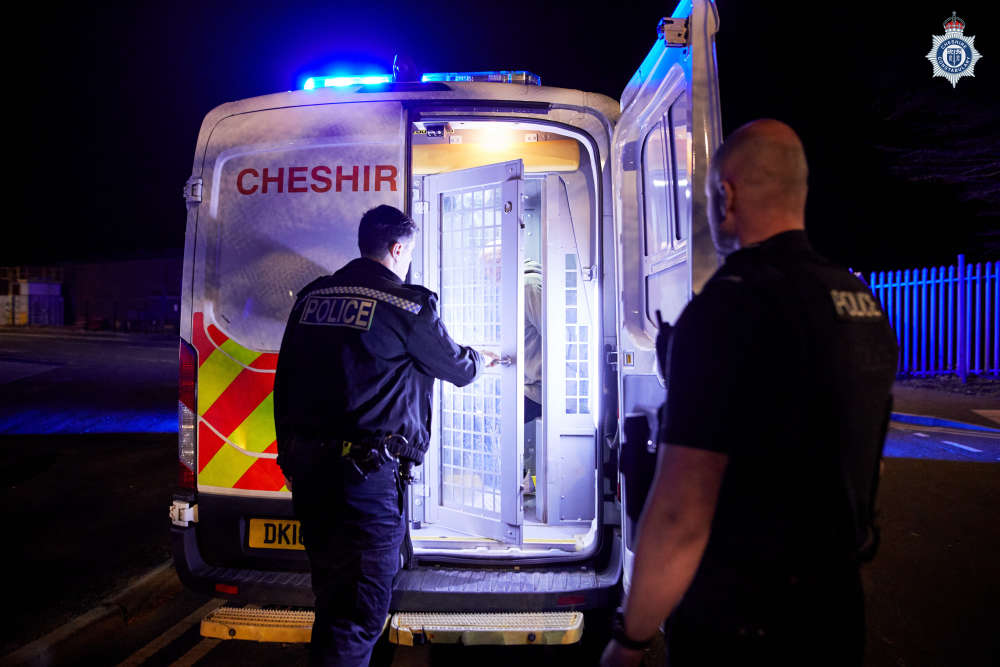 Latest figures show crime in Cheshire continues to fall
Latest figures show crime in Cheshire continues to fall
 Revised opening days at Flintshire Household Recycling Centres
Revised opening days at Flintshire Household Recycling Centres
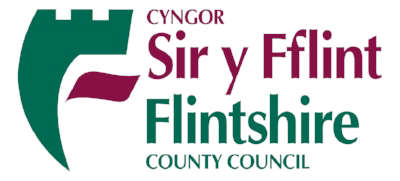 Funding secured for North East Wales Archive
Funding secured for North East Wales Archive
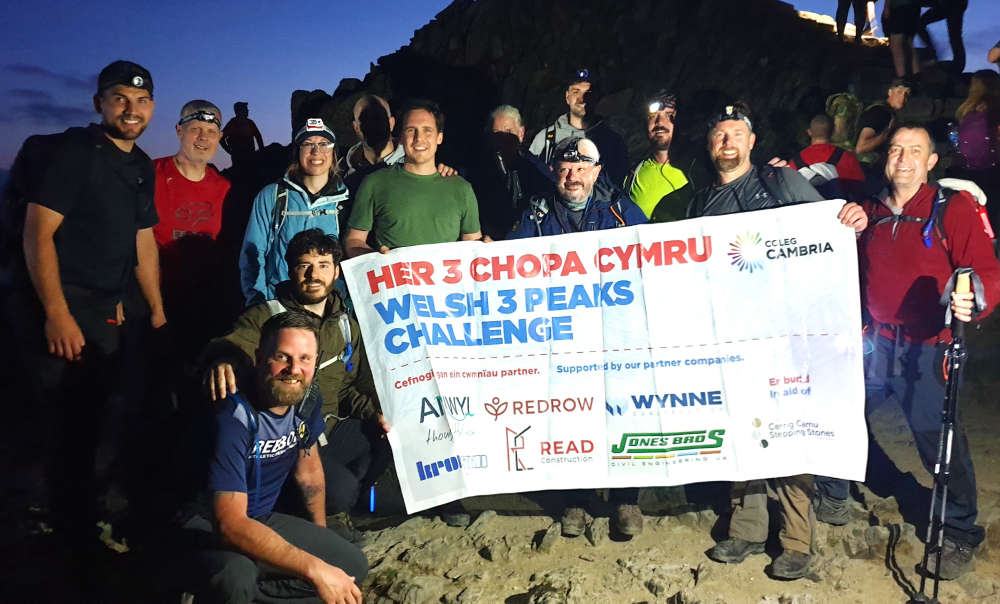 Fearless fundraisers are about to take on their biggest ever feat for a children’s charity
Fearless fundraisers are about to take on their biggest ever feat for a children’s charity
 North West rail improvements planned this May Bank Holiday
North West rail improvements planned this May Bank Holiday
 Cheshire firefighters to deliver vital vehicles and equipment for Ukrainian firefighters
Cheshire firefighters to deliver vital vehicles and equipment for Ukrainian firefighters
 Chester and Wirral Football League - Weekend Round Up
Chester and Wirral Football League - Weekend Round Up
 Four weeks to go to Council’s first electric vehicle awareness event
Four weeks to go to Council’s first electric vehicle awareness event
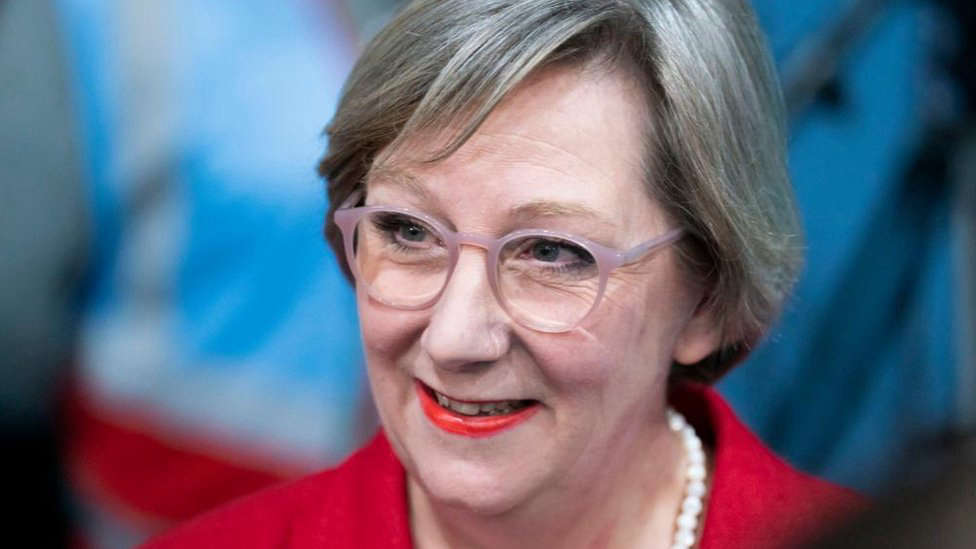 Chester shopping scene ranked in the top 10 best shopping destinations in the country
Chester shopping scene ranked in the top 10 best shopping destinations in the country
 Appeal for information following Chester car thefts
Appeal for information following Chester car thefts
 Police appeal to trace wanted man from Flintshire
Police appeal to trace wanted man from Flintshire
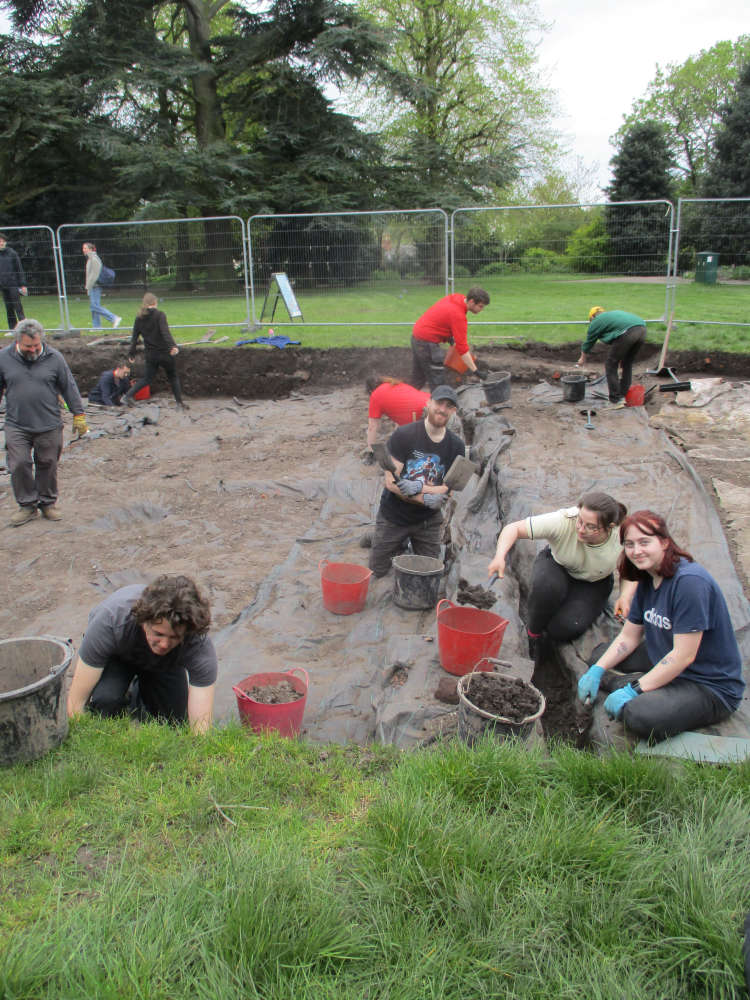 The Grosvenor Park dig is back
The Grosvenor Park dig is back
 Cheshire Constabulary dispels myth on ‘typical’ stalker
Cheshire Constabulary dispels myth on ‘typical’ stalker
 North Wales Police - Recruitment Open Day
North Wales Police - Recruitment Open Day
 Calling all Flintshire Tradespeople
Calling all Flintshire Tradespeople
 MATCH REPORT - CHESTER FC 0 - 0 DARLINGTON
MATCH REPORT - CHESTER FC 0 - 0 DARLINGTON
 MATCH PREVIEW - CHESTER FC v DARLINGTON
MATCH PREVIEW - CHESTER FC v DARLINGTON
 CHESTER FC STATEMENT
CHESTER FC STATEMENT
 MATCH REPORT: ELLESMERE PORT TOWN 3 - 4 CHESTER WOMEN
MATCH REPORT: ELLESMERE PORT TOWN 3 - 4 CHESTER WOMEN
Comments
Add a comment